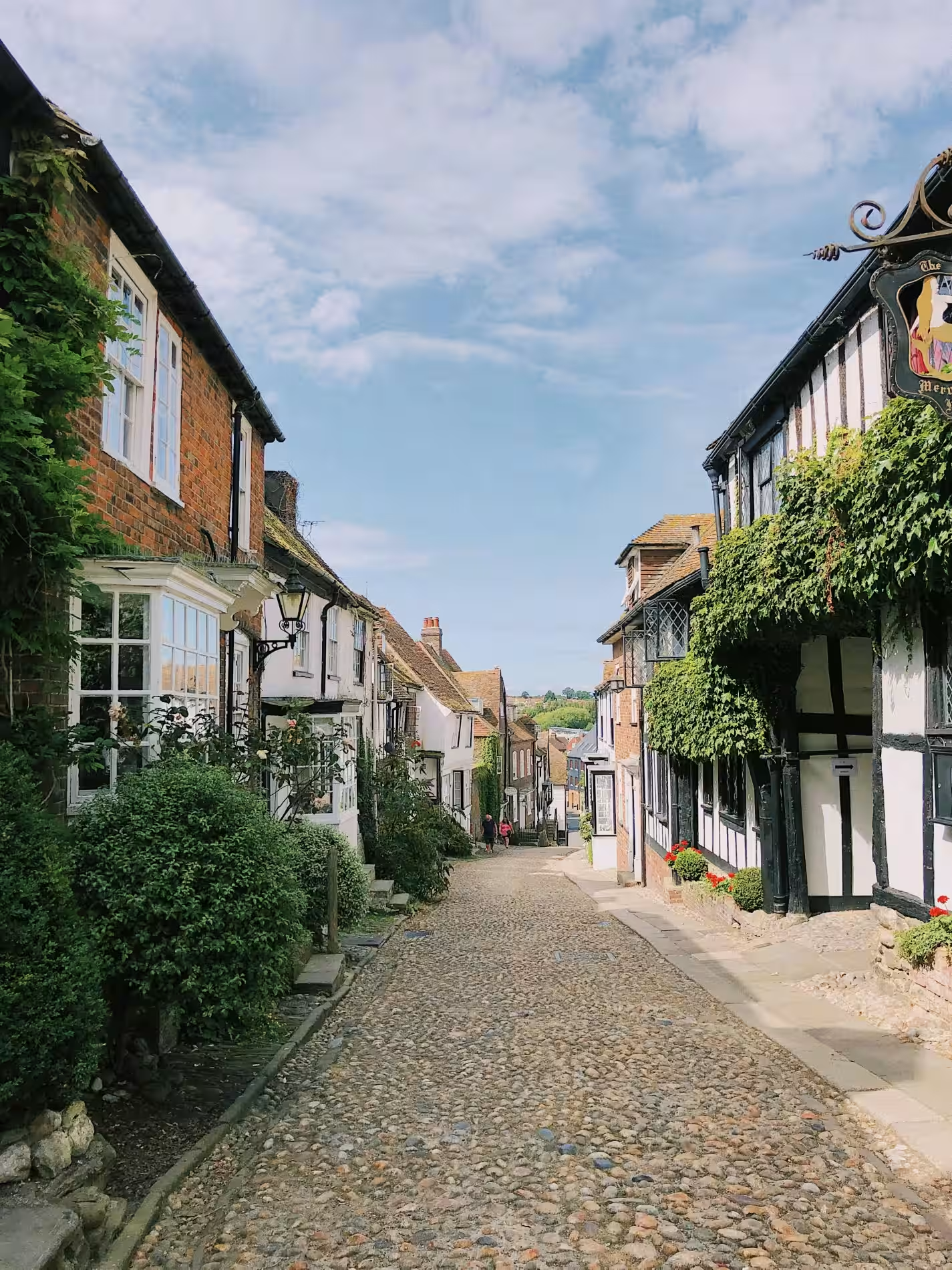Everything you need to know including mortgages, stamp duty, tax implications, equity and insurance
The latest figures show that one in 10 UK adults own a second property, including buy-to-lets and holiday homes.
The appeal is obvious: not only does the property’s likelihood of increasing in value over time make it a sound investment, but it’s also a source of extra income if you’re letting it out, and it’s another home for you and your loved ones to enjoy.
Our handy guide will arm you with everything you need to consider before buying a second home, including:
- Mortgage options when buying a second home.
- Stamp duty on second homes.
- Tax implications of buying a second home.
- How equity works when buying a second home.
- Insuring a second home.
Mortgage options when buying a second home
Before you commit to buying a second home, you should be aware that purchasing a second home has different financial implications to buying your first (or main) property – as well as a few additional expenses you’ll need to factor into your calculations.
There are different mortgage options available to you depending on what you intend to use the property for and your financial situation. We recommend speaking to an experience mortgage advisor who will be able to guide you through this process.
Stamp duty on second homes
When buying a second home, you’ll pay a 5% stamp duty surcharge.
You can use the government’s stamp duty on second homes calculator to help you find out the specifics but you can refer to the stamp duty rates below as a rule of thumb.
Stamp duty rates in England & Northern Ireland from 1 April 2025.
| PURCHASE PRICE | FIRST PROPERTY | ADDITIONAL PROPERTIES |
|---|---|---|
| Up to £125,000 | 0% | 5% |
| £125,001 to £250,000 | 2% | 7% |
| £250,001 to £925,000 | 5% | 10% |
| £925,001 to £1.5 million | 10% | 15% |
| Over £1.5 million | 12% | 17% |
Tax implications of buying a second home
If you decide to sell your second home, you may have to pay Capital Gains Tax (CGT). The amount you pay will depend on your income tax bracket and how much profit you make on the property. If it increases in value beyond your CGT allowance – currently £3,000 per person – you’ll have to pay 18% or 24% of the increase, depending on your tax bracket.
You may be able to offset expenses such as solicitors’ fees and estate agent fees, as well as the cost of improvement works like extensions, when doing your calculations. You also get full relief on the years you lived in the home and the last nine months you owned the home, even if you weren’t living there at the time. You can use the government’s Capital Gains Tax calculator to work out how much tax you’d need to pay when you come to sell. We recommend speaking to an accountant for full and accurate advice regarding tax queries.
How equity works when buying a second home
One way to raise a deposit is via home equity. This means increasing the mortgage on your main home to release money that you can then use to purchase a second home. If you own your main home outright, your equity is the total value of your home. If you have a mortgage, your equity is your property’s value minus your remaining mortgage debt.
If you’re over 50, you could consider equity release in the form of a lifetime mortgage, which allows you to access a tax-free cash lump sum from the equity in your main home without selling it. You do not need to pay monthly payments (though you can if you wish); instead, interest on the money you borrow accumulates over time and the full amount is typically repaid when you die or go into long-term care or pass away, after which the house is sold, and the loan is repaid. Professional advice should always be sought before embarking on this course of action.
Insuring a second home
Home insurance is not a legal requirement; however, some mortgage providers will only offer a loan on the condition that you have it in place.
Insuring your second home will be like insuring your first home in some ways but with a few key differences due to the risks present and the protection required to cover them.
Second home insurance for holiday homes
If you use your second property as a holiday home, you’ll need to find an insurance policy that will cover it when it is unoccupied. If you chose to occasionally rent it out to others, your policy must accommodate this, or the insurance could be invalidated.
Second home insurance for rental properties
If your second property is rented out on an assured tenancy, you’ll need landlord insurance. This is tailored to the specific risks that come with renting to tenants, covering theft, fire and weather damage for the structure of the property and any contents owned by you, such as furniture.
Home insurance for unoccupied second homes
If your second home is unoccupied for long periods of time, it presents extra risks like theft, vandalism, water leaks and burst pipes, and fires. Standard policies – for home insurance, holiday homes or rented properties – stipulate a maximum length of time the property can be left empty, which could be as little as 30 days. If you leave your second home empty for longer than this, you need unoccupied property insurance.
Unoccupied home insurance covers all types of properties that are left unoccupied for more than 30 days. As well as holiday homes or second homes visited on rare occasions, this kind of insurance is also used when:
- You’re renovating your home and living elsewhere (see renovation insurance below).
- You’re selling your home and there’s a substantial gap between exchange and completion.
- There’s a gap between one tenancy (in the case of a let) and the next.
- You’re inheriting the home, and it is going through probate.
- You’re taking a long holiday and don’t have a house sitter.
Renovation insurance
If you plan to extend or renovate your second home, you will need to take out a specialist works insurance policy to cover the existing home, the work you plan to undertake, the materials and your own liability. Any contractors you hire should have insurance to cover the work they have been employed to do; however, it will not cover your existing structure, nor will it cover natural disasters.
Due to the extra risks associated with renovating your property, having the appropriate renovation and extension insurance allows you to protect your investment against loss or damage.
Speak to Stanhope
Do you have a question about your second home that we haven’t covered? Get in touch, we’re always happy to talk you through your options and make sure you have the right level of cover in place.
Get a quote now
Very professional service, helpful with any queries and information received is also accurate. 10 out of 10 for customer service
5 Star Review ReviewsIO
Sources
https://www.tax.service.gov.uk/calculate-stamp-duty-land-tax/#!/intro

